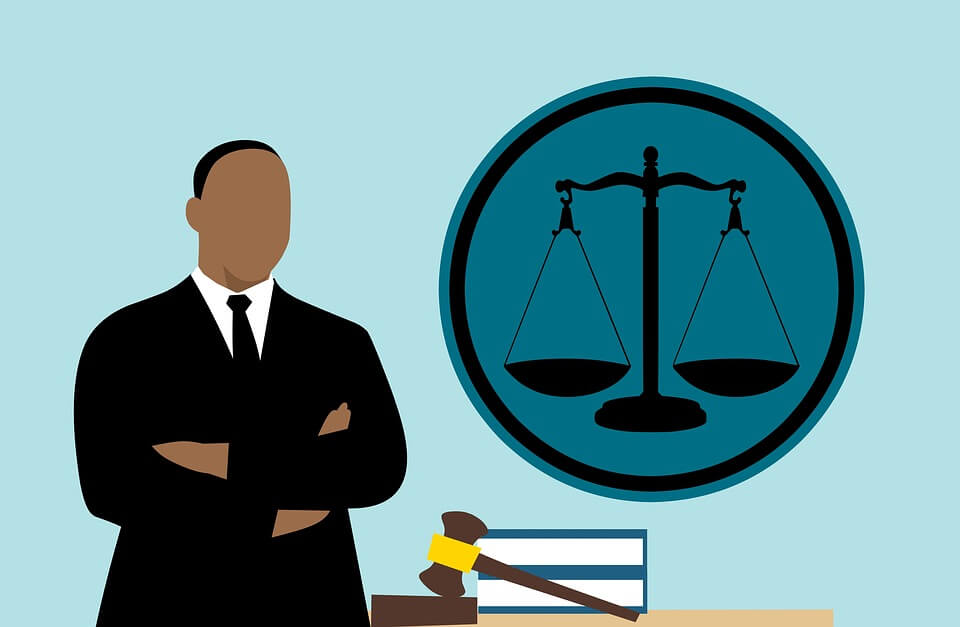Having a solid crisis communication plan is determining for organizations In today’s business climate. With only 49% of U.S. companies possessing a formal plan in 2023, it became increasingly evident that businesses need to be prepared for worst-case scenarios in order to maintain their brand reputation, navigate media scrutiny, and ensure transparent communication with stakeholders.
The Objectives and Scope of a Crisis Communication Plan
Understanding the purpose and scope of a crisis communication plan is fundamental in ensuring its effectiveness. Organizations must identify potential crises, outline protocols for different incidents, define team roles and responsibilities, and provide clear action plans to help decision-makers navigate complex situations. Additionally, a well-thought-out plan allows companies to control narratives surrounding events and ensure that their spokespersons are well-informed and equipped to deal with any situation that might arise. For a comprehensive understanding of crisis communication, relevant resources and tools can prove to be invaluable.
What Target Audiences and Activation Criteria?
The first step in developing a crisis communication plan is to determine who will be affected by various types of crises. Identifying target audiences, such as employees, customers, investors, and media outlets, is essential for crafting effective messages that resonate with these groups. Specific internal and external channels should be determined to ensure information reaches these audiences quickly and accurately.
Setting activation criteria is another crucial aspect of any crisis communication plan. Criteria should be based on the severity of incidents and their potential impact on the organization. By defining which events trigger activation, a company can better prioritize its resources and respond more efficiently during crises.
How to Craft Key Messages Ahead of Time?
To ensure effective messaging during a crisis, companies should develop key messages in advance. Pre-written statements tailored for specific incidents can save time and effort when dealing with emergencies. Moreover, having a set of standardized messages allows organizations to maintain their brand voice and control the narrative. Teams should revisit and update these messages periodically to suit evolving company values and goals.
Streamlining processes through workflows and automation plays a vital role in making crisis communication plans more efficient. Automated systems can speed up responses by distributing information quickly to target audiences following pre-defined channels. Additionally, technology incorporating decision trees and escalation procedures can help organizations address various crisis scenarios methodically.
Continuous Monitoring and Updating are Key
In order to maintain the effectiveness of any crisis communication plan, continuous monitoring and updating are required. Companies should monitor relevant media outlets and social networks to identify reputational risks or emerging issues. Additionally, staying updated on best practices, industry trends, and regulatory changes can help organizations adapt their plans accordingly.
Regular reviews, audits, and training sessions allow teams to fine-tune their crisis communication strategies, ensuring the plan remains action-driven and focused on preserving company reputation during diverse emergencies. By involving employees and stakeholders in these practices, organizations can create an overarching culture of preparedness that contributes to long-term success.
With only 49% of U.S. companies having a crisis communication plan in place as of 2023, it is clear that more organizations need to step up their efforts in this arena. Developing a comprehensive crisis communication plan helps companies navigate challenging situations with clearly defined objectives, robust messaging, and streamlined processes.
To achieve success in today’s rapidly changing business environment, organizations must invest time and resources into developing effective crisis communication strategies. While the road ahead may be uncertain, a well-devised plan will put your business in a better position to meet challenges head-on and maintain its hard-earned brand reputation.





















